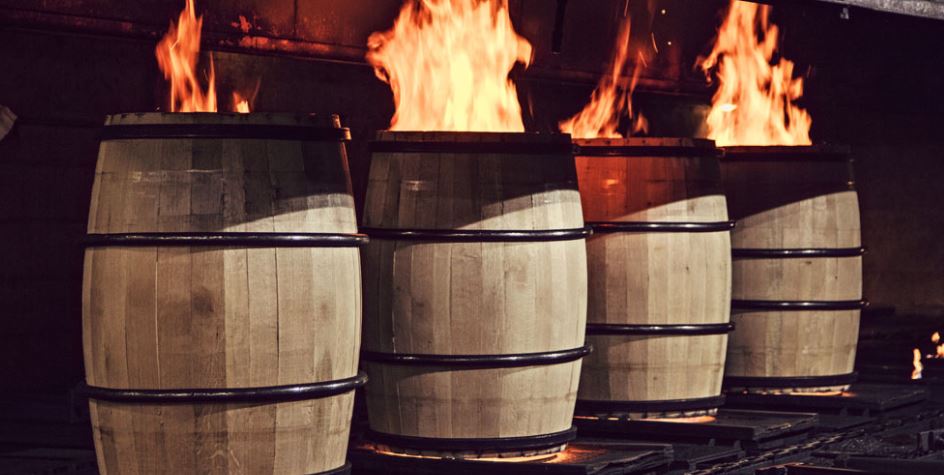Bourbon Myths
Ten years ago, I spent an inordinate amount of time explaining to people that bourbon doesn't have to be made in Kentucky. Thankfully, that old myth seems to have died out, probably in no small part due to the large number of craft distillers making bourbon in other states.
There is still plenty of bourbon misinformation out there though. I read something incorrect about bourbon on an almost daily basis. Given that the bourbon regulations are written out in the United States Code of Federal Regulations, which are published on-line, you would think that there wouldn't be so much confusion about the rules, but some of these just seem to endure. So here are some of the most persistent bourbon myths.

Bourbon must be 2 years old.I hear this a lot. There is no age limit for bourbon. Once the spirit hits the new charred oak, it's bourbon, period. The two year age requirement is for "straight bourbon." Of course, just because they can make bourbon less than two years old, doesn’t mean you should drink it.
Bourbon must be aged in American oak. Bourbon must be stored in "charred new oak containers." The regulations don't say anything about the provenance of the oak, so if a company wants to use French, Spanish or Luxembourgian oak, it's still bourbon.
Bourbon can include coloring and flavoring or be finished in other casks. This one is more complicated. If something is just labeled "Bourbon" (straight or not), it cannot contain coloring, flavoring or blending additives. However, you can use additives if you declare it on the label, such as "Bourbon with natural flavors." The same goes with finishing casks. If it just says "Bourbon," the only cask it can have inhabited is new, charred oak. If you finish a bourbon in another type of cask, it has to say so on the label (e.g., "Bourbon finished in port casks.") Technically, these concoctions aren't bourbon - they are spirits in which bourbon is the primary ingredient. The Feds categorize these products as a "whisky specialty," which is really just a catch-all term for anything that doesn't fit any other defined whisky classification.
In America, Whiskey is spelled with an "E". Nope, at least not under the federal regulations – they spell it "whisky." The truth is that it's spelled both ways in the U.S., and there's no real rhyme or reason as to why, so don't believe all the ridiculous justifications people have made up about why it's spelled with an e in some places and without an e in others.
-Sku
